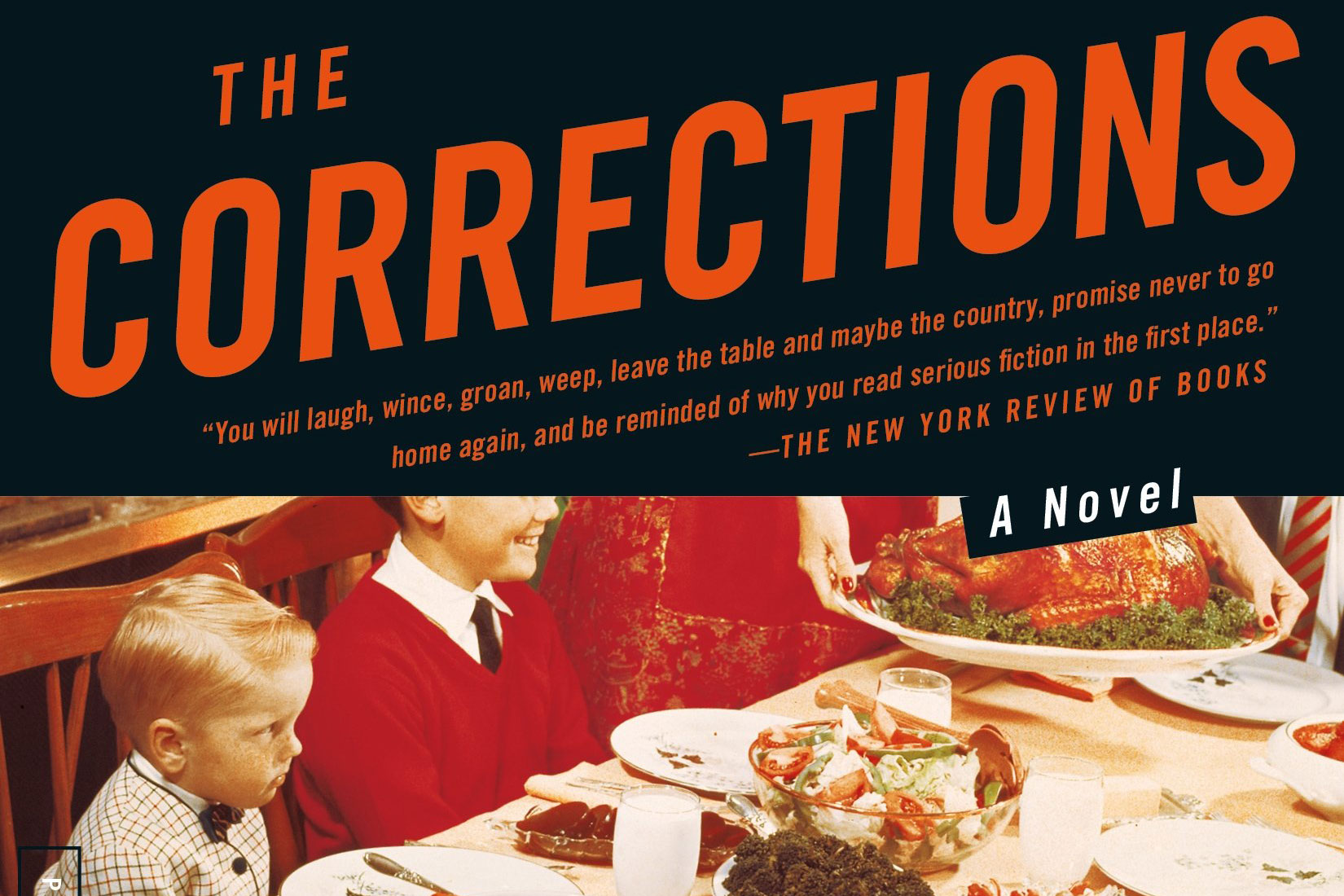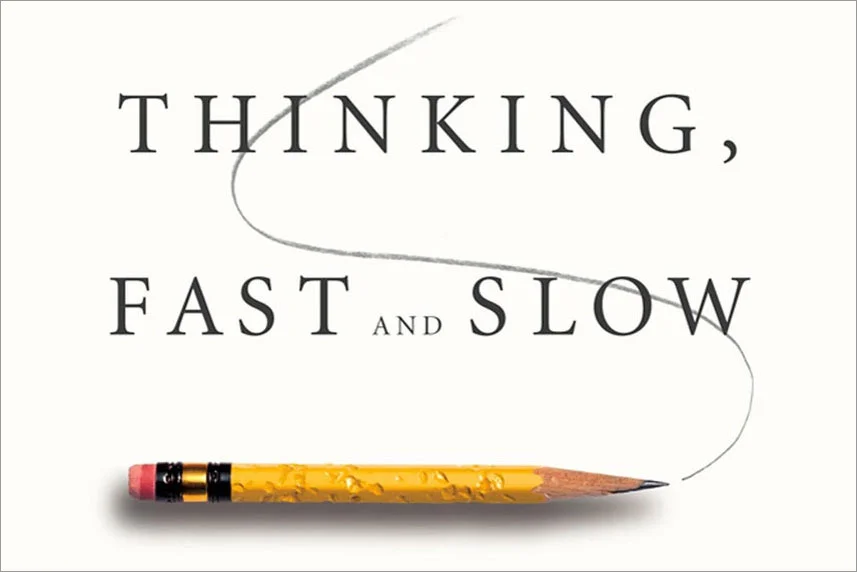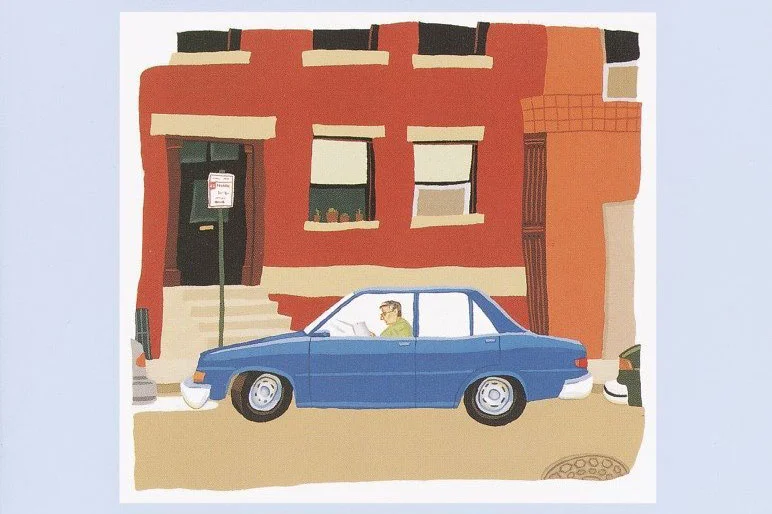It is a long, sprawling family drama, which is actually a straightforward accounting of a dysfunctional family coming together for one last Christmas. (Fiction)
We All Want to Be Seen
If you walk into a pre-K classroom and tell one child you like their socks, within seconds you will have 15 four-year-olds all showing you their socks. We all want to be seen.
A Bigger Tent: The Secret to Church Unity (Part 3)
If we are to be unified in the church, we’ve got to find something bigger to unite around, and the mission of God in the world may be the only thing that fits the bill.
Christians Must Think about Why We Are Good Neighbors
We must be good neighbors if we are to follow the second greatest command: love our neighbor as ourselves.
“Thinking, Fast and Slow” by Daniel Kahneman
This is a book about how people actually think. It helps us to understand how we make decisions in the real world. (Nonfiction)
Doing the Right Thing
In the story of Zacchaeus, we see two clear examples of what it looks like to push back against accepted culture and instead do what is right.
“Tepper Isn’t Going Out” by Calvin Trillin
What Tepper gives to his interlocutors is his attention. And it turns out that can be very helpful. (Fiction)
Welcome to “Reading with Randy”
Come along with me, and let's discover 100 excellent reads from the 21st century.
When Worship Leaders Stink
Our role isn’t to “force worship” upon our people, but to prompt them out of the sheep pen and into a space where the kingdom of God does its transformative work.
For Elders Who Are Facilitating Gender Inclusion, Start Here
For so many Churches of Christ, the process of implementing gender inclusion is a brutal one.
ACU Summit 2019 Small Church Pathway
Whether you show up for Summit or not (although I hope you do!), please remember that you and your church are not alone.
Disturbing the Peace
Anxious leaderships do allow cranky souls to disturb the peace for those in ministry; too often those leaders are themselves the agitators.
Spirit and Mission: From Everywhere to Everywhere
In the New Testament—and still today—the Spirit prompts a worldwide and cross-cultural vision of the kingdom of God.
James Did It to Me Again!
I am thankful we have forthright, get-to-the-point early Christian leaders like James to remind us of the key to it all.
No Matter What
We will mess up, make mistakes, and mis-handle situations. We will sin and fall short. But we will love, no matter what.
Beyond Red and Blue
How ought people of faith to think about these matters? Do we have an obligation to enter into political space at all?
God in the Backseat
Here are a few things I’ve learned while driving for Lyft, as God showed up in my backseat.
Why Do Christians Segregate on Sunday Mornings?
The historical answer to our question is simple and tragic. We segregate because of the sin of racism.
Interpreting Texts, Interpreting our World
I fear that we’ve buried our noses so deep in our texts, that we have forgotten that we have a mission in the world.
Settling for Peanuts
Is the presence of Christ set as the destination of our spiritual GPS? Or are we stuck on the side of the road, settling for peanuts, having forgotten where we are going?





















